X chromosome
Recent articles
Revisiting sex and gender in the brain
To conduct scientifically accurate and socially responsible research, it is useful to think of “sex” as a complex, multifactorial and context-dependent variable.
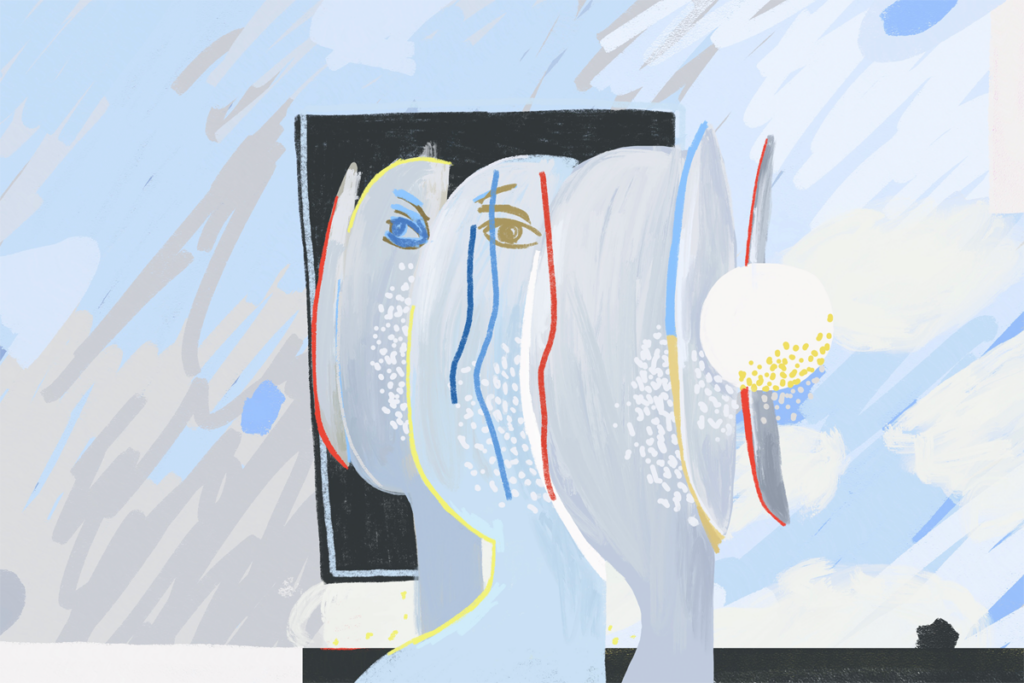
Revisiting sex and gender in the brain
To conduct scientifically accurate and socially responsible research, it is useful to think of “sex” as a complex, multifactorial and context-dependent variable.
X marks the spot in search for autism variants
Genetic variants on the X chromosome, including those in the gene DDX53, contribute to autism’s gender imbalance, two new studies suggest.
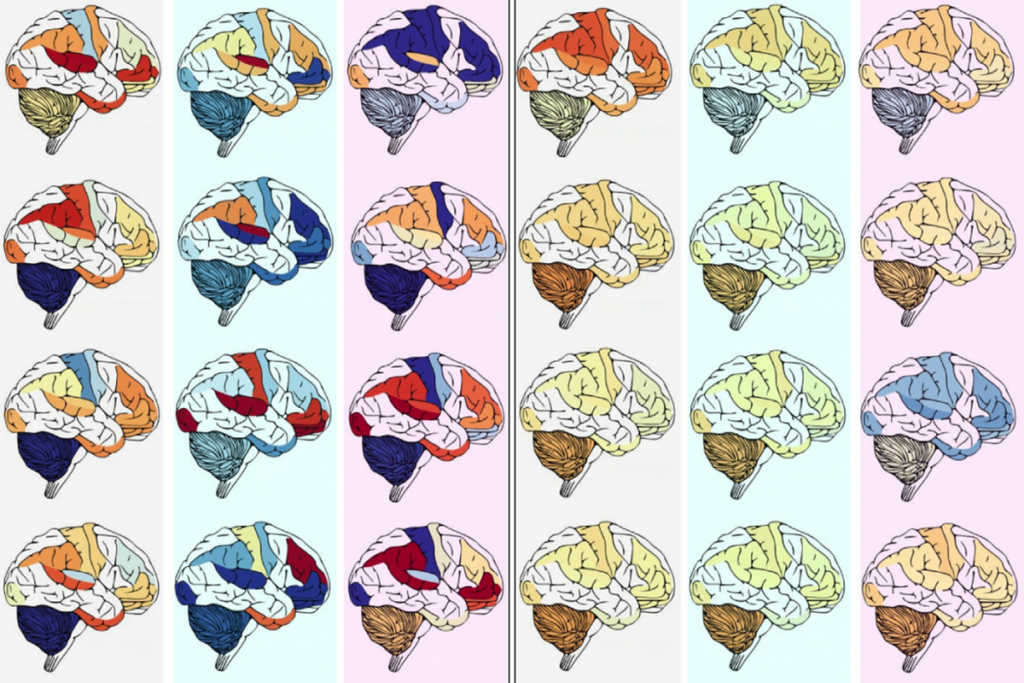
X marks the spot in search for autism variants
Genetic variants on the X chromosome, including those in the gene DDX53, contribute to autism’s gender imbalance, two new studies suggest.
Males and females show different patterns of risk for brain-based conditions. Ignoring these differences does us all a disservice.
Although studying sex differences in the brain is complex, technically awkward and socioculturally loaded, it is absolutely essential.
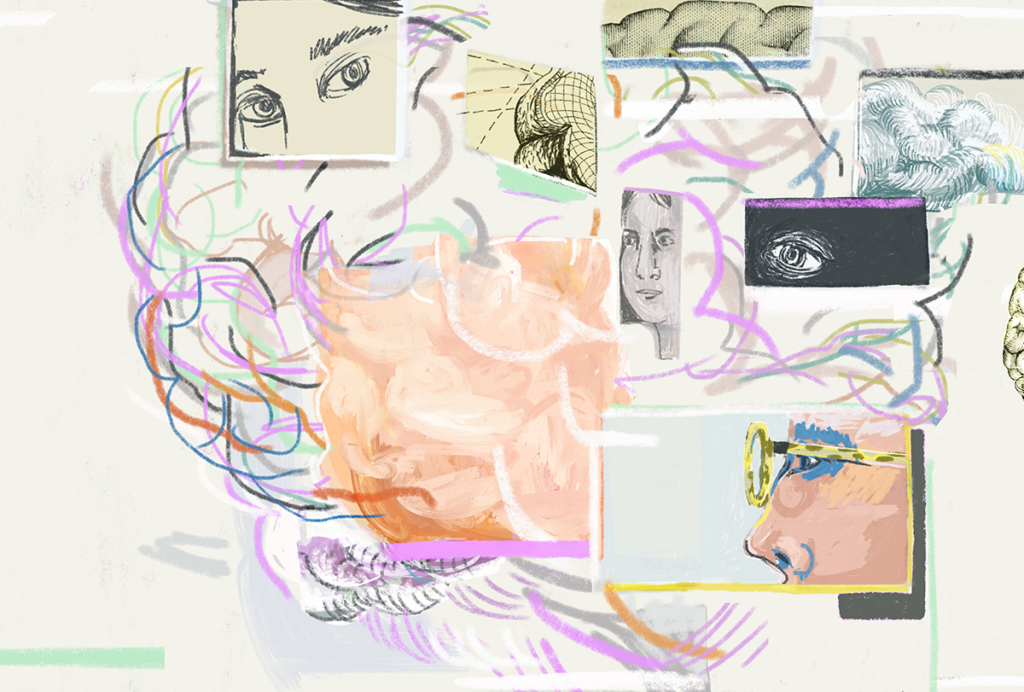
Males and females show different patterns of risk for brain-based conditions. Ignoring these differences does us all a disservice.
Although studying sex differences in the brain is complex, technically awkward and socioculturally loaded, it is absolutely essential.
Accounting for a mosaic of sex differences: Q&A with Nicola Grissom
Breaking the binary view of sex traits can enable researchers to represent the broader complexity of behavior and cognition.

Accounting for a mosaic of sex differences: Q&A with Nicola Grissom
Breaking the binary view of sex traits can enable researchers to represent the broader complexity of behavior and cognition.
Turner syndrome tied to autism
Most people with the X-linked syndrome have autism traits, and about one-quarter meet diagnostic criteria for the condition.

Turner syndrome tied to autism
Most people with the X-linked syndrome have autism traits, and about one-quarter meet diagnostic criteria for the condition.
Silenced X chromosome genes reawaken in new mouse model
The new animal line could accelerate the discovery of gene-activating therapies for the autism-linked condition Rett syndrome.
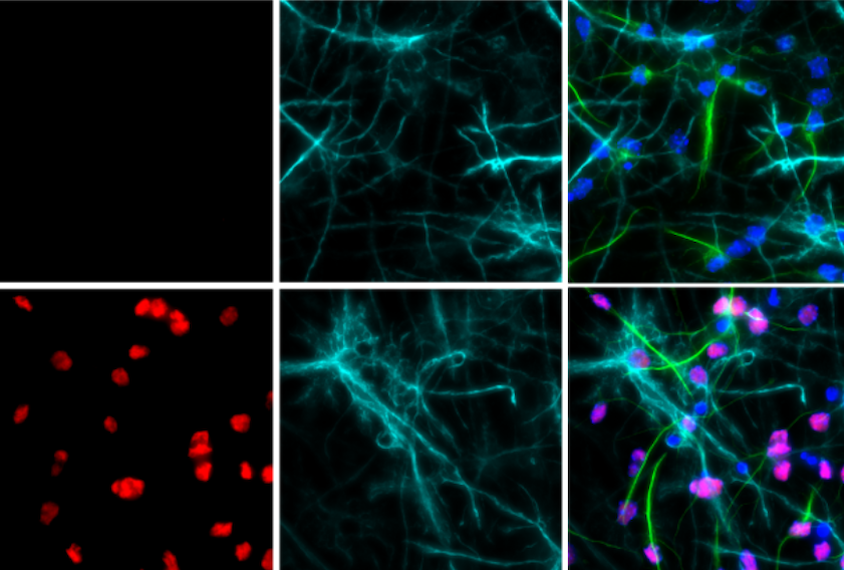
Silenced X chromosome genes reawaken in new mouse model
The new animal line could accelerate the discovery of gene-activating therapies for the autism-linked condition Rett syndrome.
Huda Zoghbi: Taking genetic inquiry to the next level
Over the course of a career spanning more than three decades, Huda Zoghbi has won almost every major biology and neuroscience research award that exists. More than 20 years since she discovered the gene behind Rett syndrome, she remains laser focused on unlocking the condition’s secrets and finding effective treatments.

Huda Zoghbi: Taking genetic inquiry to the next level
Over the course of a career spanning more than three decades, Huda Zoghbi has won almost every major biology and neuroscience research award that exists. More than 20 years since she discovered the gene behind Rett syndrome, she remains laser focused on unlocking the condition’s secrets and finding effective treatments.
Alternative gene-therapy approaches take aim at Rett syndrome
Methods that selectively increase levels of the Rett protein make for safer and more effective treatment strategies, some researchers say.
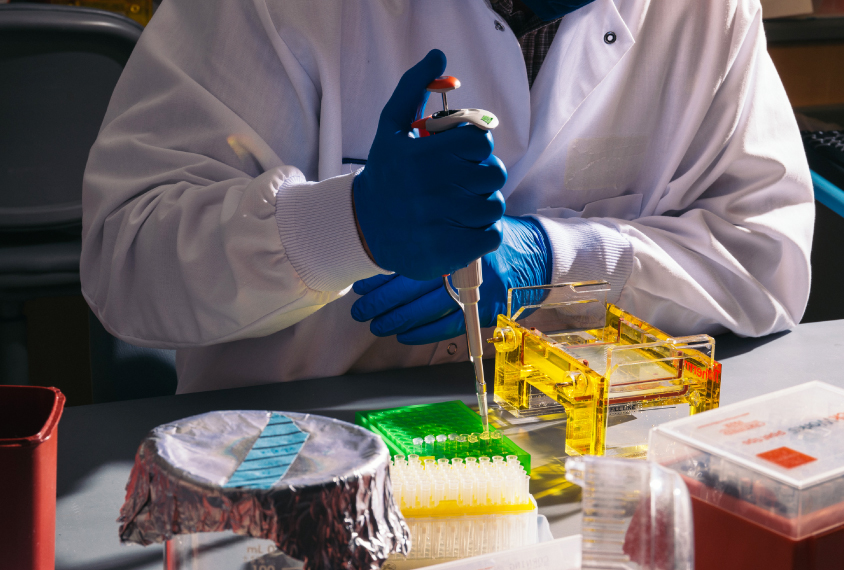
Alternative gene-therapy approaches take aim at Rett syndrome
Methods that selectively increase levels of the Rett protein make for safer and more effective treatment strategies, some researchers say.
Gene expression maps reveal origins of brain changes from autism mutations
A new study pinpoints the genes and cell types that may underlie the atypical brain structure seen in people with genetic conditions linked to autism.
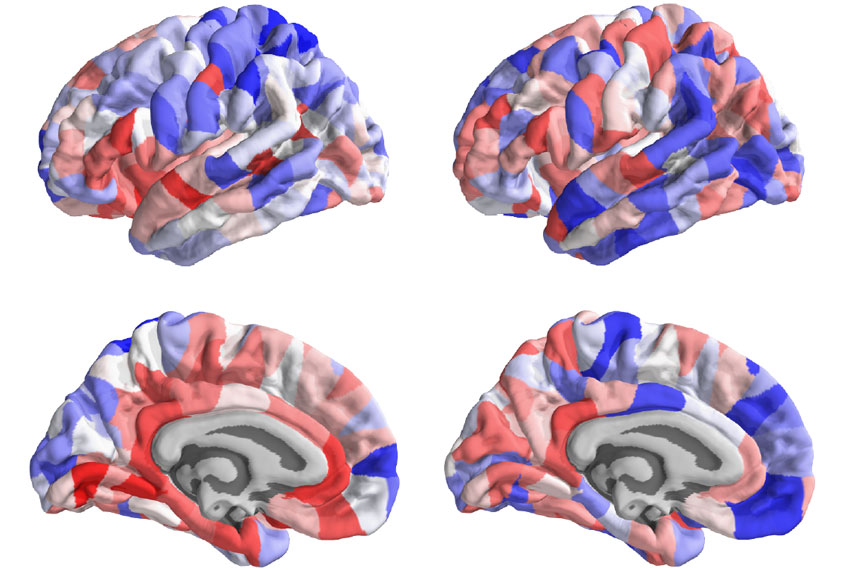
Gene expression maps reveal origins of brain changes from autism mutations
A new study pinpoints the genes and cell types that may underlie the atypical brain structure seen in people with genetic conditions linked to autism.
A quest for Quincy: Gene therapies come of age for some forms of autism
A gene therapy for Angelman syndrome stands at the forefront of efforts to treat autism-linked conditions that stem from single genes.
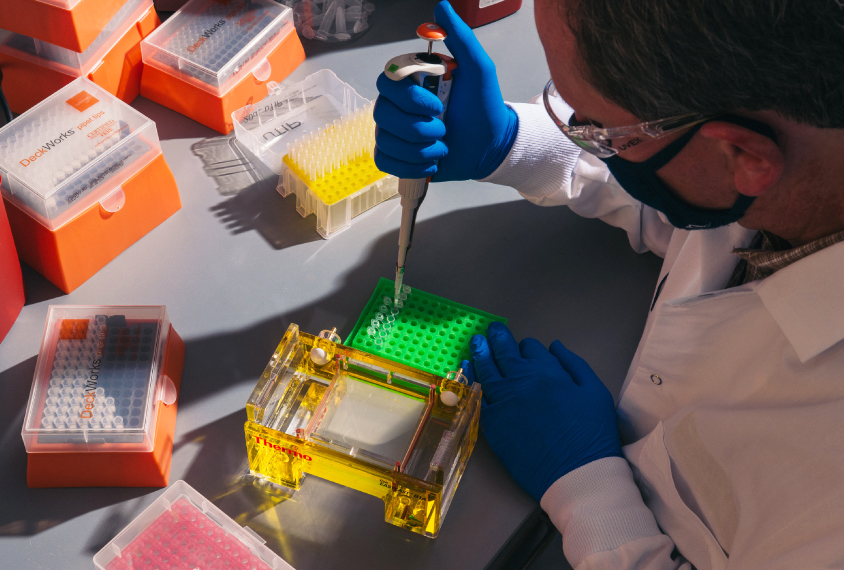
A quest for Quincy: Gene therapies come of age for some forms of autism
A gene therapy for Angelman syndrome stands at the forefront of efforts to treat autism-linked conditions that stem from single genes.
Explore more from The Transmitter
Newly awarded NIH grants for neuroscience lag 77 percent behind previous nine-year average
Since President Donald Trump took office on 20 January, the National Institute of Neurological Disease and Stroke and the National Institute of Mental Health have awarded one quarter as many new grants as during the same two-month period, on average, since 2016.

Newly awarded NIH grants for neuroscience lag 77 percent behind previous nine-year average
Since President Donald Trump took office on 20 January, the National Institute of Neurological Disease and Stroke and the National Institute of Mental Health have awarded one quarter as many new grants as during the same two-month period, on average, since 2016.
Releasing the Hydra with Rafael Yuste
Losing HHMI Investigator status caused Yuste to study neural networks in a new way.
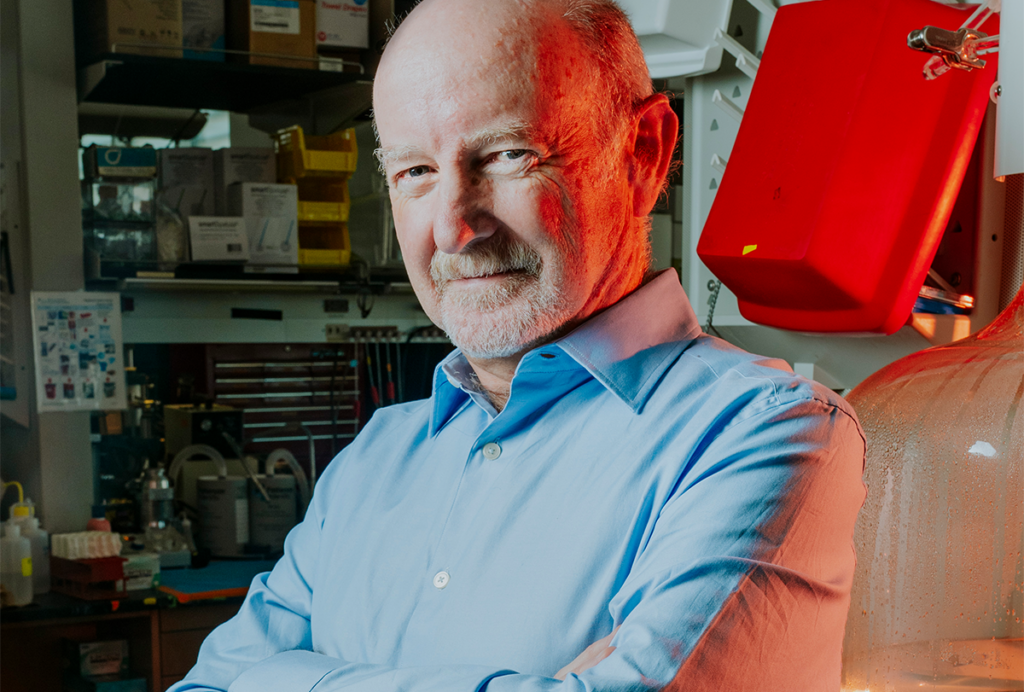
Releasing the Hydra with Rafael Yuste
Losing HHMI Investigator status caused Yuste to study neural networks in a new way.
Coding error caused layoffs at National Institute of Neurological Disorders and Stroke this week, source says
Thirty employees—including 11 lab heads—at the institute should “immediately return to work,” according to an email the institute’s Office of Human Resources sent to top administration at the institute Wednesday evening.

Coding error caused layoffs at National Institute of Neurological Disorders and Stroke this week, source says
Thirty employees—including 11 lab heads—at the institute should “immediately return to work,” according to an email the institute’s Office of Human Resources sent to top administration at the institute Wednesday evening.